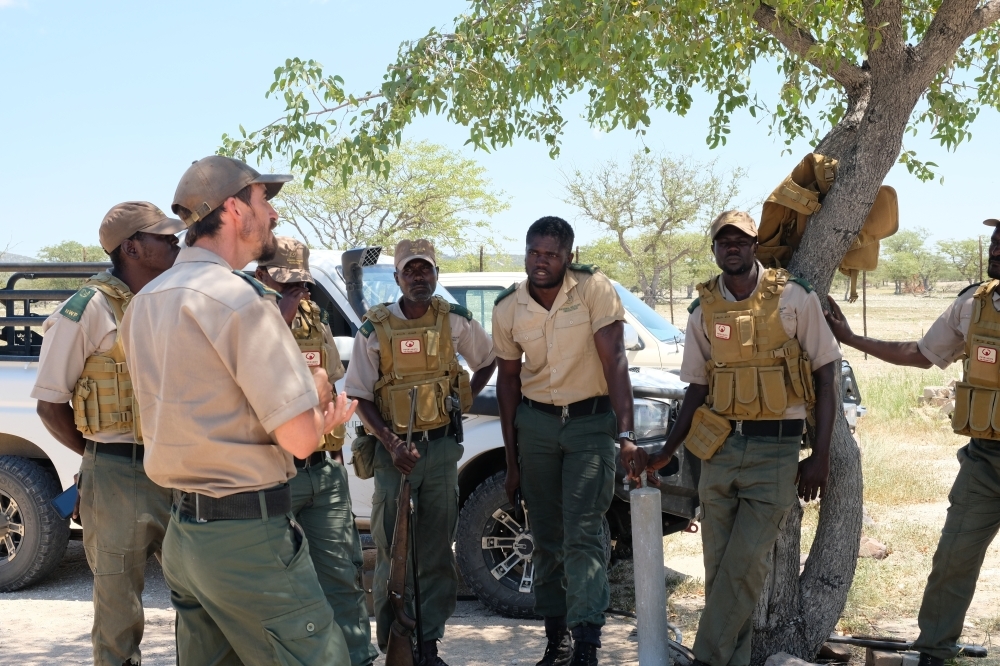Namibia Wildlife Protection leads anti-poaching drive
Poaching rates in southern Africa are rising and concerns about endangered species such as the rhinoceros are growing.While politicians struggle to find regulatory solutions to protect rhinos from poachers, at the end of the day there is often only one person standing between the animal and the poacher: The ranger.
Thankfully, anti-poaching drives in Namibia are flourishing, with initiatives moving towards privatised and increasingly militarised ranger work.
NMH spoke to leading anti-poaching company Namibia Wildlife Protection (NWP) and found that there is an especially big demand for anti-poaching units in the Namibian farming industry.
According to NWP founder and director Salmon Vermaak, he decided to specialise in the protection of rhinos and elephants. He now employs over 200 rangers covering 700000 hectares of private farmland.
“Many farms have their own anti-poaching units, but this is often not sustainable. This means that the rangers have to interact with the other farm and lodge workers, which limits operational safety,” says Vermaak. “Outsourcing anti-poaching work is safer and more effective.”
The rangers have a great responsibility and expose themselves to danger every day to protect the rhinos entrusted to them.
“Without weapons, we can no longer protect our precious species. Every one of us would like to see a world where this wouldn’t be necessary, but the reality is different,” said Marcus Jacobs, head of NWP’s ranger units.
The rangers are trained in the use of weapons, discipline, first aid, tracking, navigation and combat tactics.
More on this story is yet to come.




